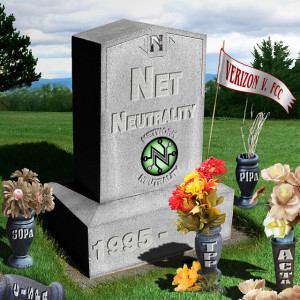
FCC nominee Gigi Sohn
Yesterday, the U.S. Senate Commerce, Science and Transportation Committee held its third confirmation hearing in 15 months on the nomination of Gigi Sohn for Commissioner of the Federal Communications Commission (FCC). The reason why Sohn, who is President Joe Biden‘s choice to fill the fifth FCC Commissioner slot to give the Democrats a 3-2 majority, has not yet been confirmed to her post (or even advanced to a Senate vote) is that apparently all Senate Republicans and a few conservative Senate Democrats oppose her on various grounds:
–First, Senate Republicans would likely oppose any of President Biden’s FCC nominees, in order to maintain this crucial agency at its current gridlocked state of two Democratic and two Republican Commissioners, preventing Biden and the Democrats from doing the business of the American people.
Continue Reading »
0 Comments -
Leave a comment! Tags: 2020 Elections, Chuck Schumer, Congress, Democrats, Fairness Doctrine, FCC, Federal Communications Commission, Gigi Sohn, Internet, Mark Fowler, Media Access Project, Net Neutrality, President Joe Biden, Republicans, Ronald Reagan, U.S. Senate, Vice President Kamala Harris

Net Neutrality gravestone
If you needed more evidence that the Federal Communications Commission (FCC) is captured by big corporations and ready to take a dive for them on Net Neutrality, that evidence seemed to arrive this week. Many of you know that Net Neutrality, i.e., the idea that companies should not be able to speed up, slow down or otherwise herd Internet users into particular affiliated corners of the Internet, generated over one million comments to the FCC, a record-setting amount. The FCC’s website got so overloaded that it shut down, and the FCC had to extend its Net Neutrality comment period, a rare occurrence. But now comes Gigi Sohn, the FCC’s Special Counsel for External Affairs, who said in an NPR interview that:
A lot of these comments are one paragraph, two paragraphs, they don’t have much substance beyond, ‘we want strong net neutrality.’
Continue Reading »




